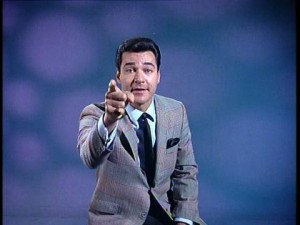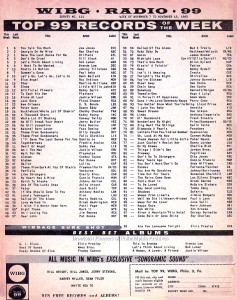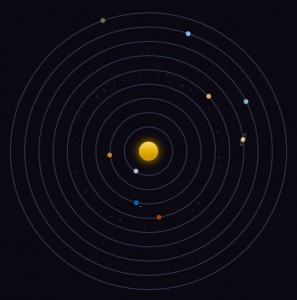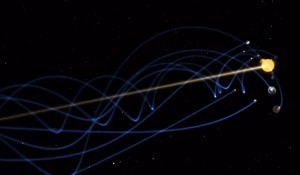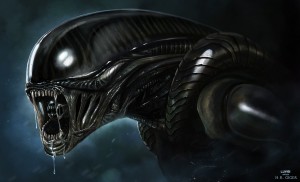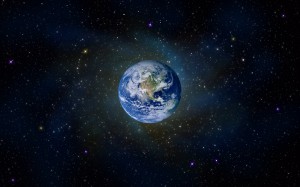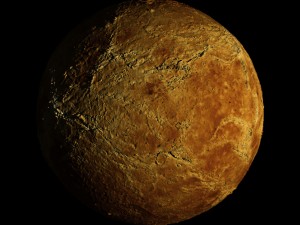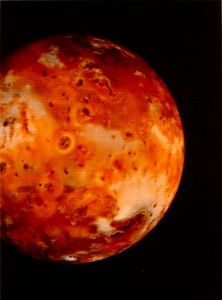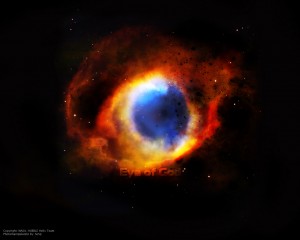I don’t understand or care for much of today’s music. That is to be expected. I’m old, and the music I grew up with, while still around, doesn’t even get play on the “oldies” stations. My music was from the 50’s and 60’s, “oldies” music today is the 80’s and 90’s.
Music is delivered to listeners today in ways I don’t completely understand or really care about: Digitial streaming, directly to an Ipad or Kindle, or smart phone. There is Itunes and Pandora and Spotify, which I presume are places to find the music you want. It seems to be completely on demand, targeted to fit the individual listener. As an aging dinosaur, I really don’t pay much attention to it. When I grew up, we didn’t have all these choices. We had AM radio.
Transistor radios came out in the mid 1950’s, but really started getting popular in the early 1960’s. The transistor replaced the old vacuum tubes which previously had powered radios, allowing the manufacture of lightweight portable radios which ran on batteries. It was a major technological development, and every kid wanted one. Fortunately, our defeated enemies the Japanese made them cheaply and saturated the American market (perhaps a precursor of things to come from the Japanese). Most of the radios kids had were like the one above, four transistor. I however, having a father who did not want his kid to be one upped by the other kids, got a six transistor radio as a birthday present.
Needless to say mine was bigger, and didn’t fit in my pocket, like the four transistor would have, but mine was somehow “cooler”, although frankly I never did figure out what was better about six transistors. How you listened to the radio didn’t matter nearly as much as what you listened to. For kids in the Delaware Valley, there was only one radio station: WIBG (pronounced “Wibbage”) in Philadelphia.
My generation is, and always will be, the rock ‘n roll generation. Rock’n roll started sometime in the middle fifties (a highly debated point), and perhaps the first notable song of the genre was “Rock Around the Clock” by Bill Haley and the Comets. This song was the theme song for the long-running TV show “Happy Days”.
Listening to the radio was a connection. Since there was only one R&R station, we all listened to it. If a disc jockey said it, we all heard it. Which brings me to my first point — disc jockeys.
WIBG disc jockeys were far from announcers, they were celebrities. Everyone, and I mean everyone in my generation knew the WIBG “Boss Jocks”. We listened to them every day and we felt like we knew them, and they knew us.
 Joe Niagara
Joe Niagara
Two of my favorites were Joe Niagara and Hy Litt. Niagara was the morning guy, and he was often the first voice I heard, switching on the radio as soon as I woke up. I liked Joe, but the man with the plan was Hy Lit …..
“Calling all my beats, beards, Buddhist cats, big time spenders, money lenders, tea totallers, elbow benders, hog callers, home run hitters, finger poppin’ daddy’s, and cool baby sitters. For all my carrot tops, lollipops, and extremely delicate gum drops. It’s Hyski ‘O Roonie McVouti ‘O Zoot calling, up town, down town, cross town. Here there, everywhere. Your man with the plan, on the scene with the record machine.”
WIBG was more than disc jockeys and music. It was an institution. We knew what was hot and what was not. They put out a weekly “Top 99″ records listing. They were free at local stores, and we all had our latest copy. This one is from 1960. I was 14 when this one came out, and I’m sure I had it when it was new. Click on it to see the popular songs that week.
http://www.youtube.com/watch?v=2GOYYbiEul0
By the way, the top three songs that week were “You Talk Too Much”, by Joe Jones, “Georgia on My Mind”, by Ray Charles, and “Save the Last Dance for Me”, by the Drifters. The Wibbage “Sure Shot” up and coming song was “Are You Lonesome Tonight,” by a guy named Elvis Presley.
With only one station, there was a great commonality among teenagers. You could meet a kid from another town, and you had WIBG in common.
From early morning to late at night, we listened. On the way to school and home, transistor radios were in our pockets or hanging from our bike handlebars. At night we lied in bed with the radio stuck to our ear, sometimes listening well into the early morning hours. The music defined the era, and a good era it was. The music was simple, and maybe we were too. Most songs talked about love – – seeking it, having it, ending it. Good times and good songs, but we’ll take those on in another post.
One last thing. AM radio was funny, sometimes fading in and out, sometimes static. But sometimes, almost always late at night, the AM radio signals bouncing through the atmosphere gave surprising distance and clarity to your little radio, and you heard this:
The Wolfman


